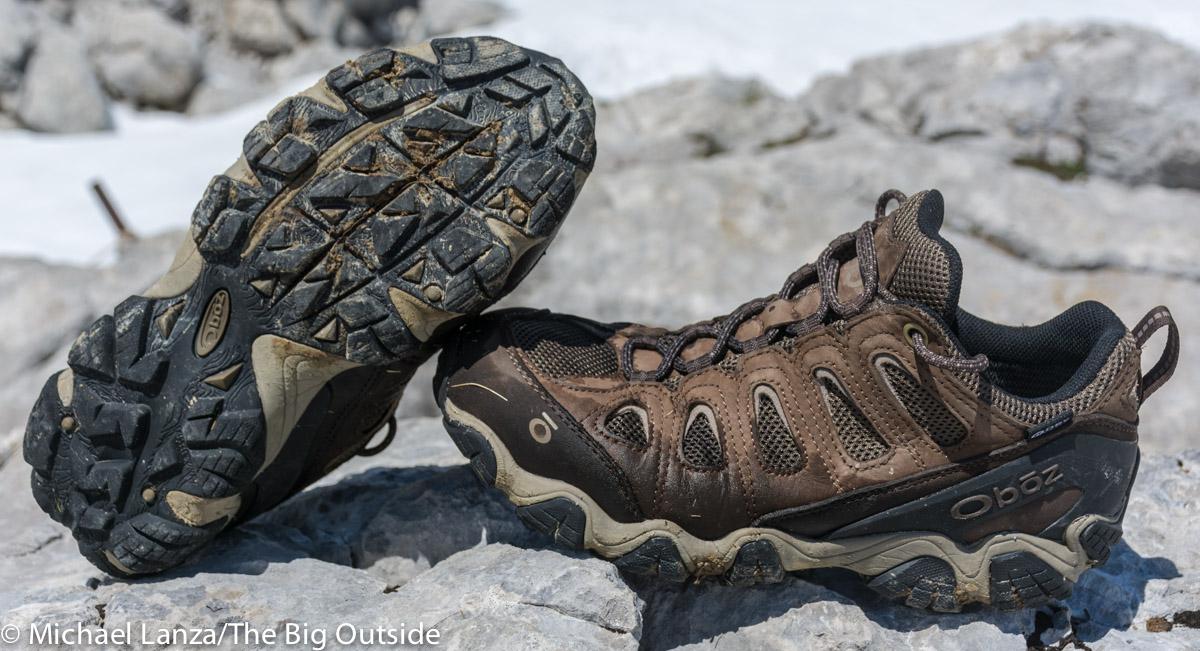In an era where environmental consciousness is becoming increasingly paramount, travelers are more discerning than ever about the impact of their adventures on the planet. As the demand for sustainable travel rises, a variety of options have emerged, prompting travelers to consider how their choices can contribute to the preservation of our natural heritage. At the forefront of this movement are platforms like TourRadar, which offer curated eco-kind tours, and self-reliant providers who frequently enough champion grassroots sustainability. But how do these two avenues compare when it comes to eco-conscious practices, community engagement, and overall travel experience? join us as we delve into the world of sustainable tour operators, juxtaposing TourRadar’s innovative eco options against the unique offerings of independent providers. Discover the nuances of each,and help navigate your next journey with a responsible footprint.
Comparing Eco-Conscious Choices in Travel: TourRadar’s offerings and Independent Alternatives
In the realm of eco-friendly travel, TourRadar stands out with its curated selection of sustainable tour options, appealing to travelers who seek to minimize their ecological footprint.By collaborating with a variety of certified sustainable operators, TourRadar provides a platform that highlights eco-tourism principles. Their offerings frequently enough feature itineraries that incorporate local communities, promote wildlife conservation, and utilize green practices such as low-emission transportation methods. Travelers can effortlessly browse and compare tours that align with their ethical values, empowering them to make informed choices without sacrificing adventure.
on the flip side, independent alternatives offer a more personalized touch, allowing for a deeper dive into sustainable travel tailored to individual preferences. By opting for local guides or small-scale eco-lodges,travelers can engage in immersive experiences while supporting the local economy directly. This approach often leads to uncovering hidden gems, fostering cultural exchanges, and promoting sustainable practices on a grassroots level. However, without the extensive reach of platforms like TourRadar, research and planning fall entirely on the shoulders of the traveler, making travel planning both exhilarating and complex.

Evaluating Sustainability Practices: A Deep Dive into TourRadar and Independent Tour Operators
When it comes to sustainability in tourism,the evaluation of practices between platforms like TourRadar and independent tour operators reveals stark contrasts. TourRadar, as a major aggregator of tours, often collaborates with various providers who may have different levels of commitment to eco-friendly practices. Many of these tours emphasize sustainability through responsible waste management, support for local communities, and the reduction of carbon footprints. Conversely, independent operators may operate with more versatility, often implementing grassroots sustainable initiatives that directly benefit the surroundings and local economies. This can range from using biodegradable materials in their operations to employing local guides who ensure that the cultural and natural heritage of their destinations is preserved.
To understand these distinctions better,it’s crucial to look at key sustainability metrics. Below is a comparative overview that outlines notable aspects of both TourRadar’s tours and independent operators’ offerings.
| Aspect | TourRadar Eco Options | Independent Operators |
|---|---|---|
| Carbon Offsetting | Often included in select tours | Varies; many offer tailored carbon offset programs |
| Local Community Engagement | Partnerships with local businesses | Direct investments in local projects |
| Waste Management Practices | Guidelines provided to operators | Innovative recycling initiatives in place |
| Support for Wildlife Conservation | Some tours donate a portion to wildlife protection | Integrated into the tour experience |
A thorough assessment of sustainability practices shows that while TourRadar offers a variety of eco-friendly tours, the depth of commitment by independent operators can often surpass them. Tour operators that operate independently tend to have a clearer and more direct connection to the communities they serve. This often results in a more profound impact on local ecosystems and cultures.As travelers increasingly seek authentic experiences that prioritize environmental stewardship,both avenues present valuable insights and options for eco-conscious adventurers. Exploring their differences can empower consumers to choose a travel style that resonates with their values.

Navigating Ethical Travel: key Factors to Consider in Your sustainable Adventure
Choosing an eco-conscious travel experience requires a blend of research and personal values.When comparing options, it’s vital to evaluate the following key factors:
- Environmental Impact: Assess how each operator minimizes carbon footprints, whether through carbon offset programs or sustainable transportation methods.
- Community Engagement: Look for companies that actively support local communities by hiring local guides and utilizing locally-sourced products.
- Wildlife Protection: Ensure that the operator adheres to ethical wildlife practices,avoiding attractions that exploit animals.
- Sustainable Accommodations: Check if the accommodations adhere to green building standards and promote sustainability initiatives.
With a focus on responsible tourism, comparing TourRadar’s eco options against independent providers reveals nuances worth noting. Here’s a brief overview in the following table:
| Criteria | TourRadar’s Eco Options | Independent Providers |
|---|---|---|
| Carbon Offset Inclusion | Frequently enough included in package | Varies by provider |
| Local Community Support | Partnerships with local NGOs | Generally more localized |
| Wildlife Excursions | Strict policies in place | Dependent on individual operators |
| Waste Management Practices | Standardized guidelines | Highly variable |

Recommendations for Responsible Travelers: Making Informed Decisions in Eco-Tourism
When embarking on an eco-tourism adventure, responsible travelers must weigh their choices carefully. Opting for sustainable tour operators can significantly impact local communities and ecosystems. It’s essential to consider operators that prioritize the 3 pillars of sustainability: environmental stewardship, social responsibility, and economic viability. Look for companies that showcase transparency in their practices, such as the sourcing of local guides, the commitment to fair wages, and policies that minimize carbon footprint. Here are some factors to keep in mind:
- Certifications: Check for eco-friendly certifications that validate their sustainability claims.
- Community Engagement: Investigate how they contribute to local economies and social initiatives.
- Waste Management: Look for initiatives related to recycling,waste reduction,and conservation efforts.
For travelers considering independent providers, it’s crucial to conduct thorough research to ensure their practices align with sustainable tourism principles. While some independent operators may offer personalized experiences, they can also vary widely in their adherence to eco-friendly methods.Engaging with local populations can enrich your experience, but it’s vital to ensure that interactions are respectful and mutually beneficial. Here’s a simple comparison to help guide your decision:
| Criteria | TourRadar’s Eco options | Independent Providers |
|---|---|---|
| Eco-Certification | Often certified | Varies widely |
| Guided Tours | Expert local guides | May lack local insight |
| Community Support | Structured support programs | Inconsistent support |
To Conclude
As we conclude our exploration of sustainable tour operators, it becomes clear that the journey towards eco-conscious travel is as diverse as the landscapes we aim to protect. TourRadar’s Eco Options present a structured and reliable pathway for those looking to explore with a minimal environmental footprint, while independent providers often bring a unique, personalized touch to sustainability that can be equally compelling. Ultimately, the choice between them hinges on individual preferences, travel styles, and values.
By understanding the nuanced offerings and commitments of each, travelers can make informed decisions that align with their ethos.Whether you opt for a curated experience through a recognized platform or seek out grassroots organizations that prioritize eco-friendly practices, your choices can contribute to a more sustainable future for tourism. With each trip taken through these eco-minded operators, we not onyl enrich our own lives but also pave the way for responsible travel that honors our planet. So, choose wisely, travel intentionally, and let your adventures leave a positive imprint on the world. Happy travels!














Leave feedback about this